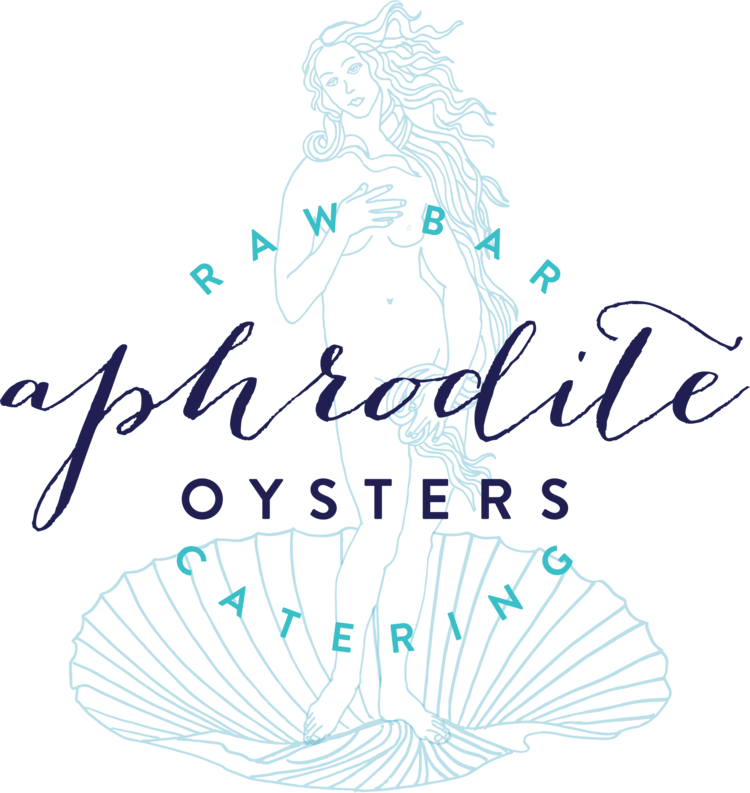Oyster Nutrition: Fat
What is fat?
Fats or Lipids are either solid = saturated or liquid = unsaturated. Solid lipids contain more saturated fatty acids which are long chains of carbon and hydrogen atoms with one oxygen molecule at the end. Unsaturated fatty acids are missing one hydrogen pair and polyunsaturated are missing more. Insoluble fats in water require the liver to produce bile for digesting these bad fats.
Our bodies need fats for the digestive system to function but they can be very harmful. This is where high cholesterol comes into play, too many bad saturated fats leads to excess cholesterol which are then deposited onto our artery walls, reduces blood flow, and ultimately resulting in heart attacks and strokes.
Oyster Fat
These glorious protein-rich oysters come packing the good fats! Like olive oil, unsaturated fats provide many benefits such as reducing blood pressure and cholesterol. Most seafood are predominately protein and could not survive in cold waters if their fats were solid or saturated.
One medium east coast raw oyster, around 3.5 ounces provides 3 grams of fat. That means a dozen oysters provide 36 grams of fat. So, if you consume 1,500 calories on your weight-loss diet, you'll want between 42 and 58 grams of fat daily;, whereas a person eating 2,000 calories would consume between 56 and 78 grams of fat.
Oysters are the best source of protein with the good fats. Eat smart. #EatMoreOysters
Post 4 of 6 in the Oyster Nutrition Series
Sources: Understanding Food: Principles and Preparation, Amy Brown 2nd Edition; Macrobiotic Diet by Michio and Aveline Kushi; The Geography of Oysters: The Connoisseur’s Guide to Oyster Eating in North America by Rowen Jacobson

